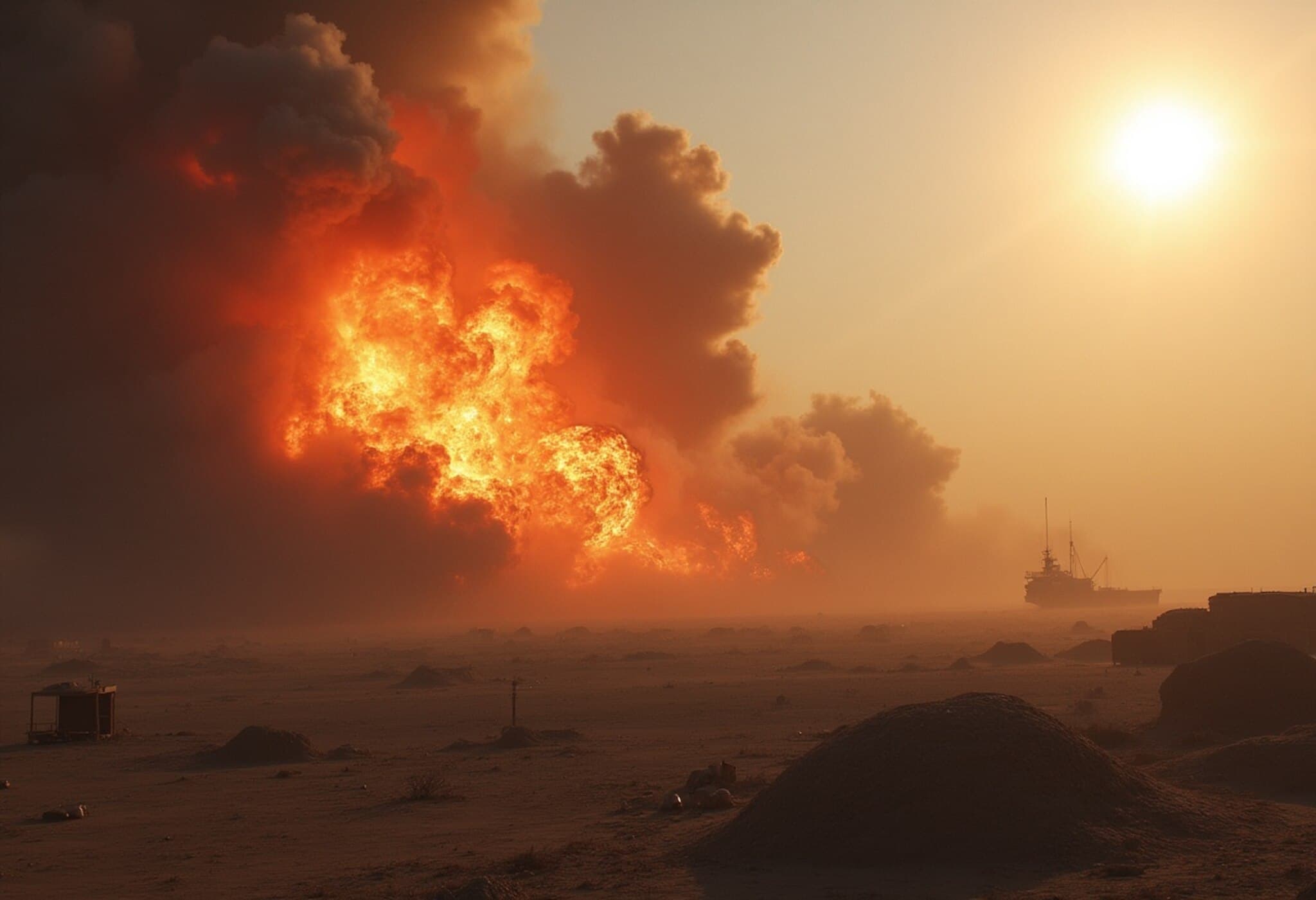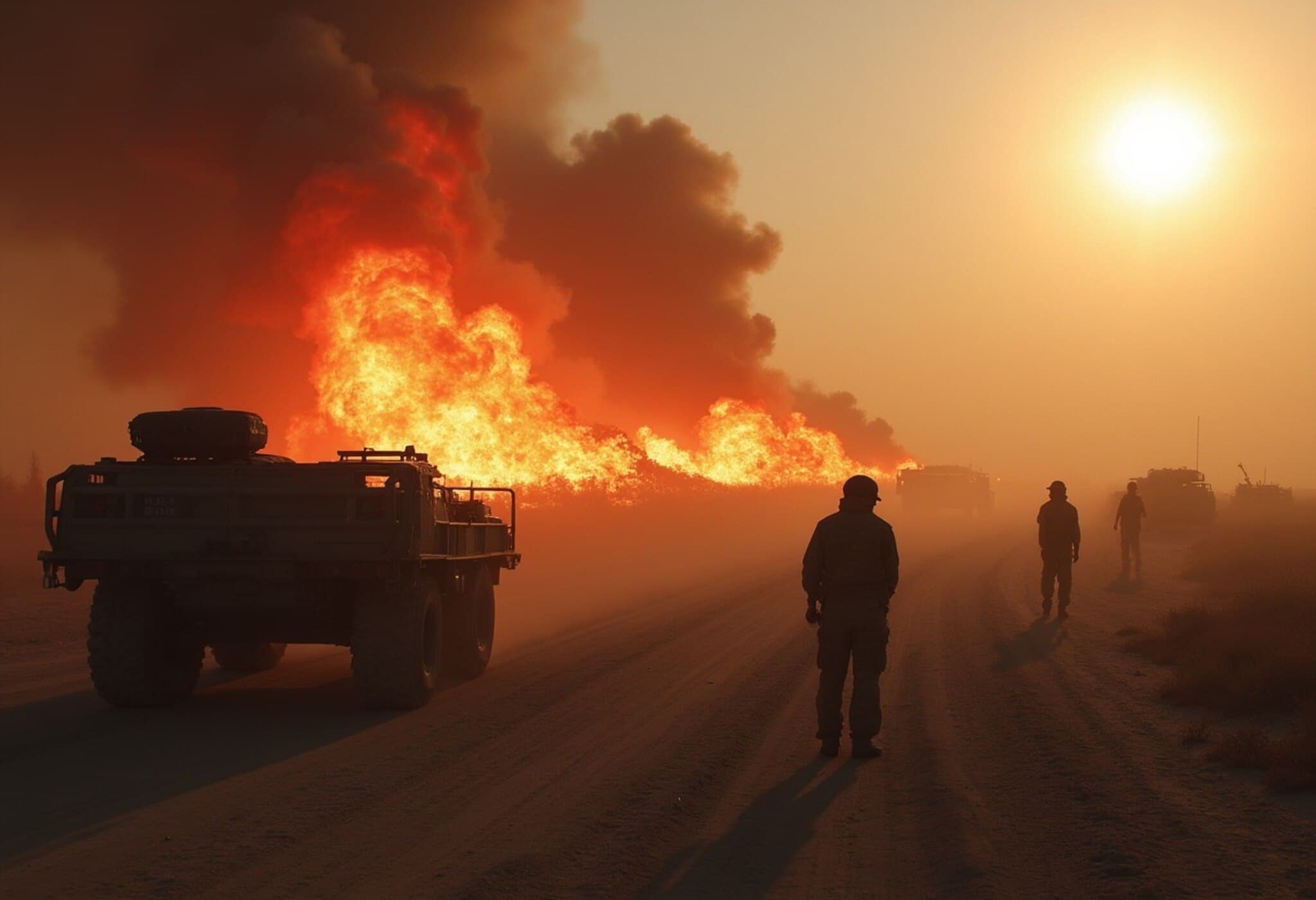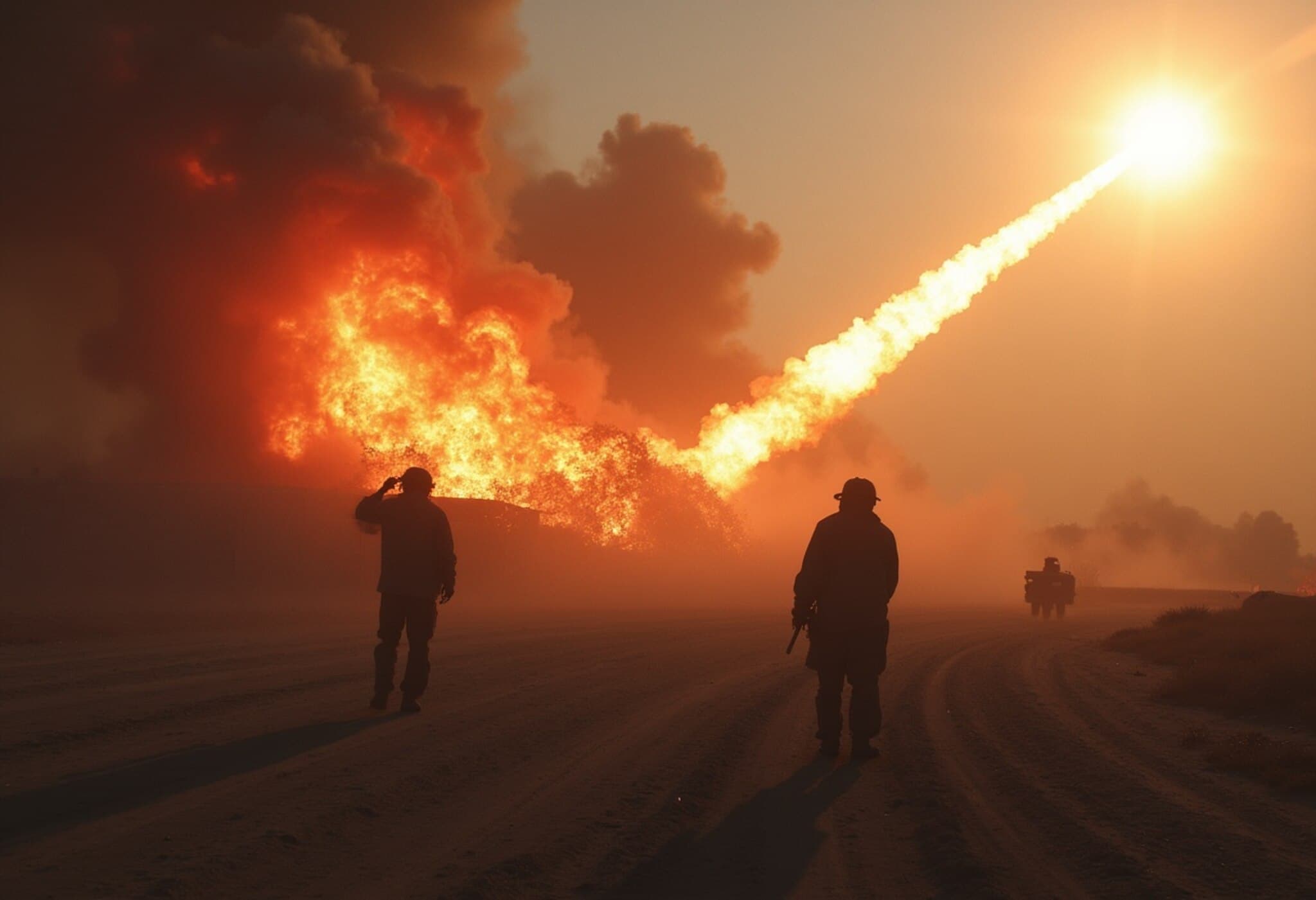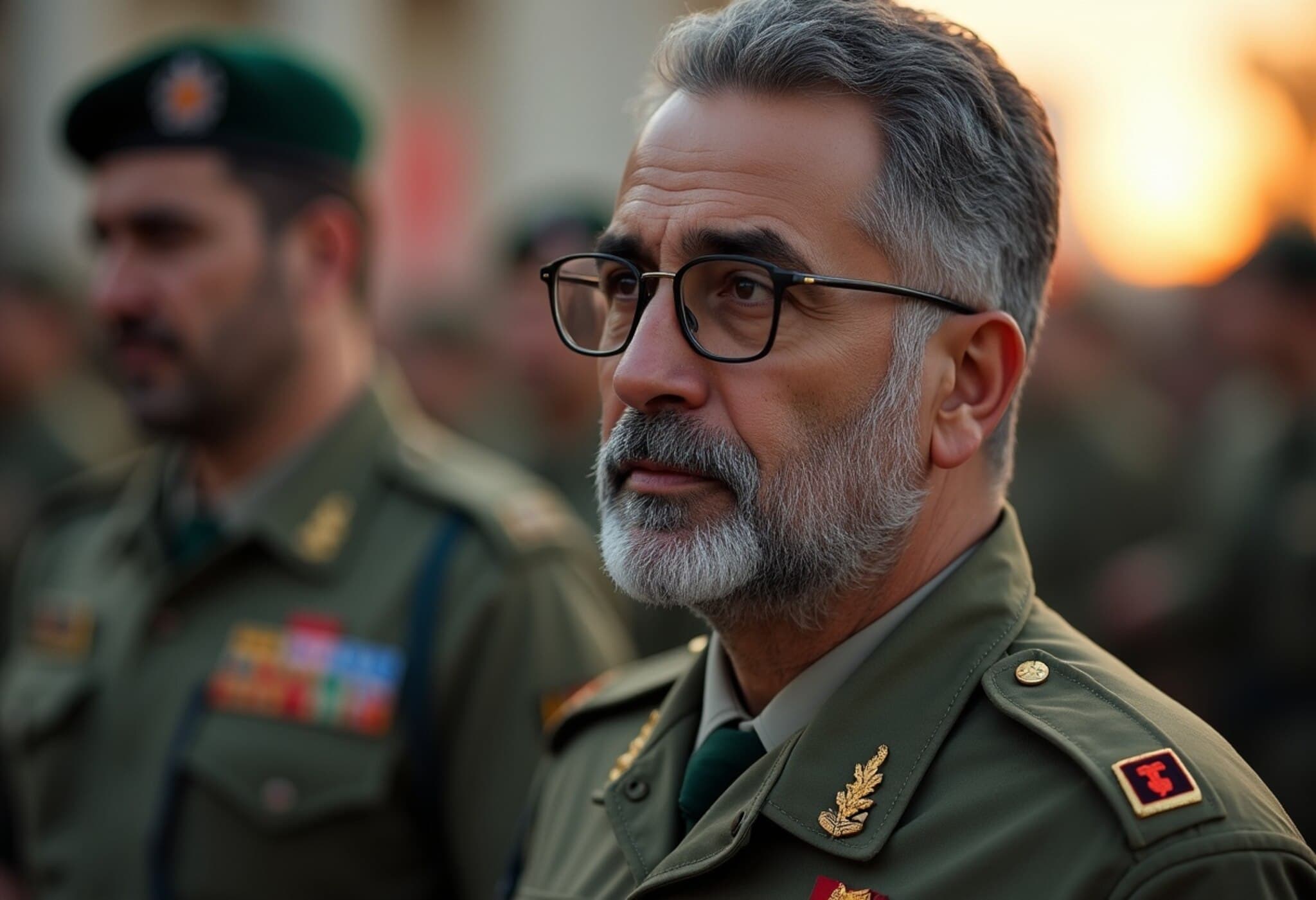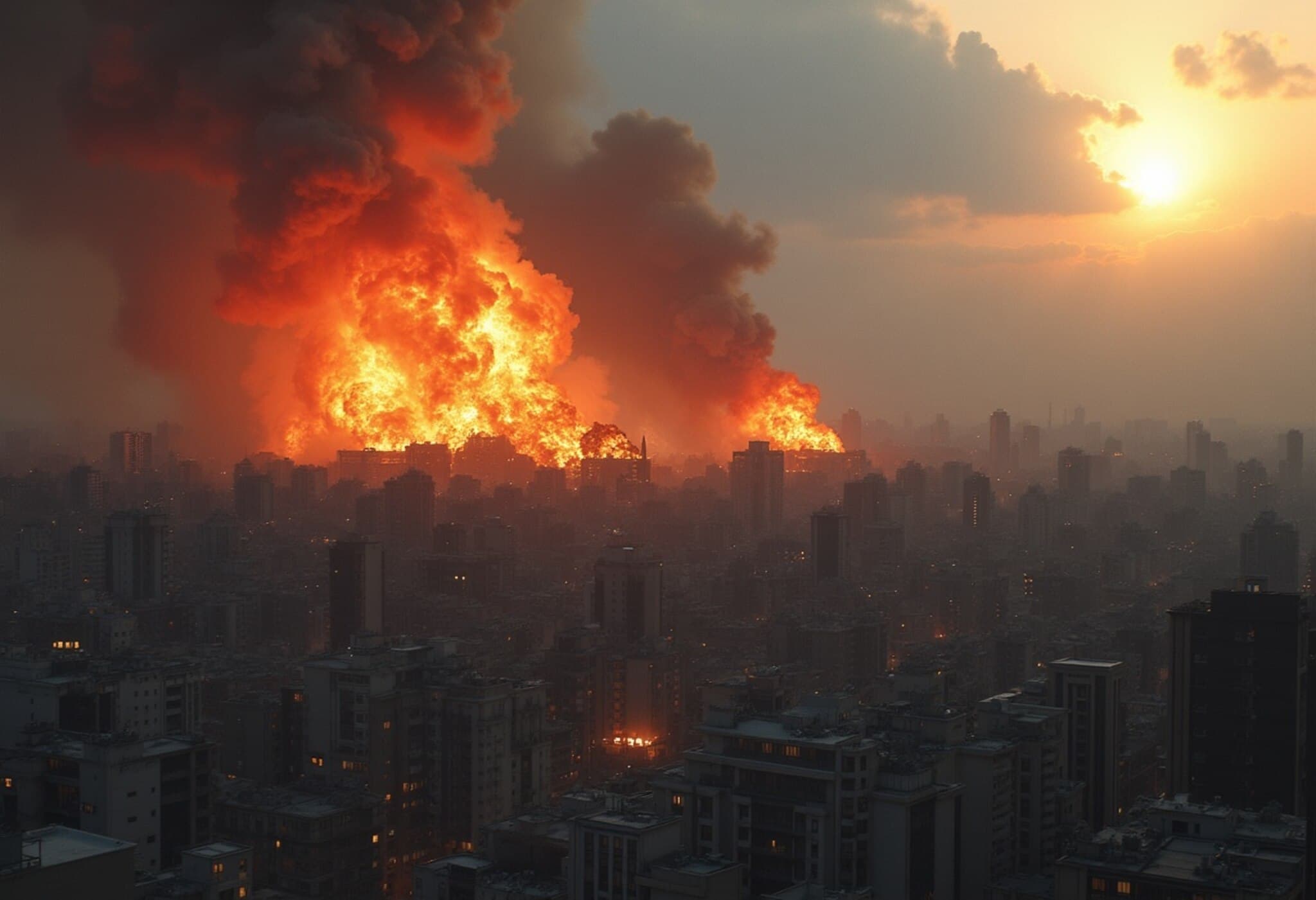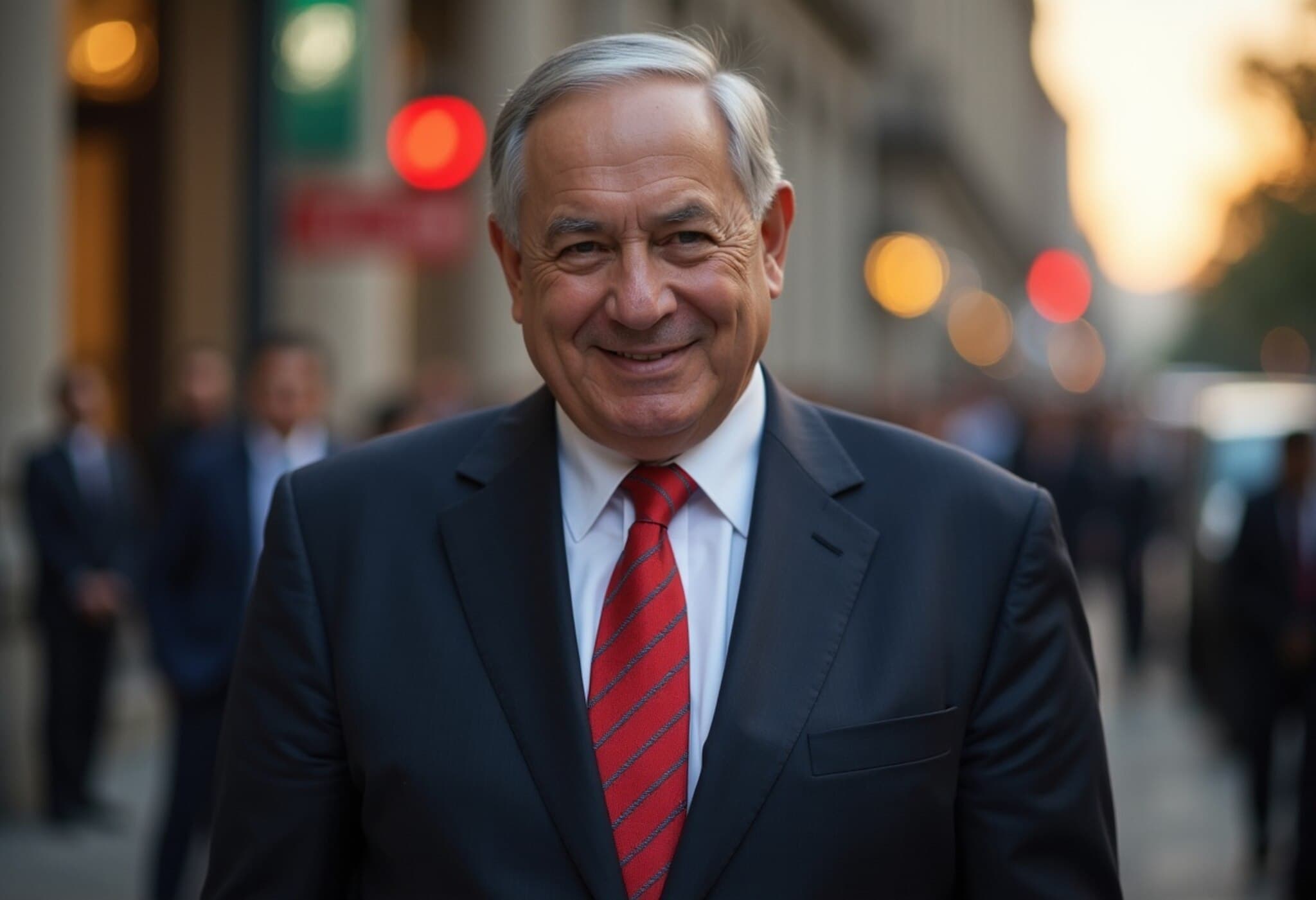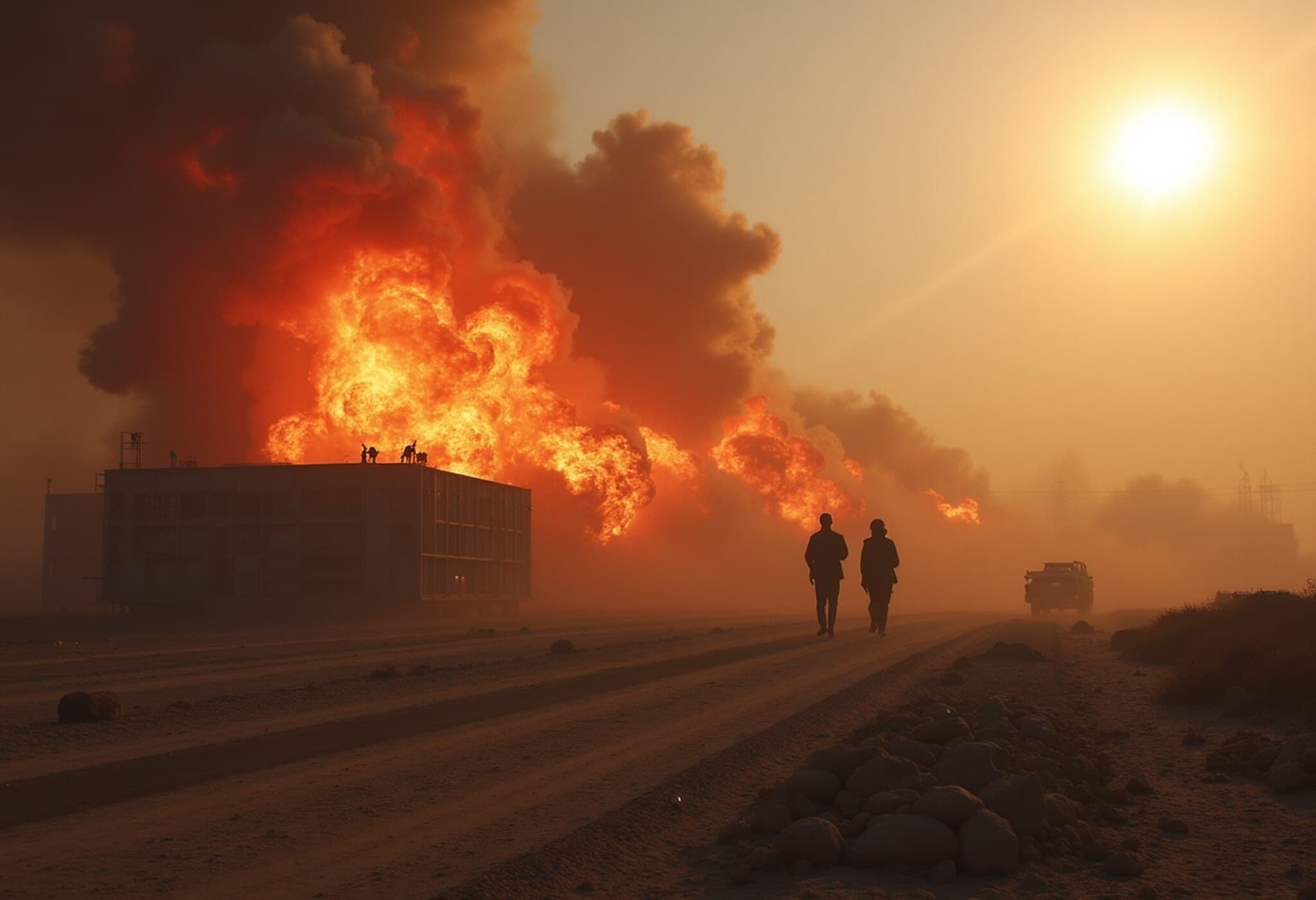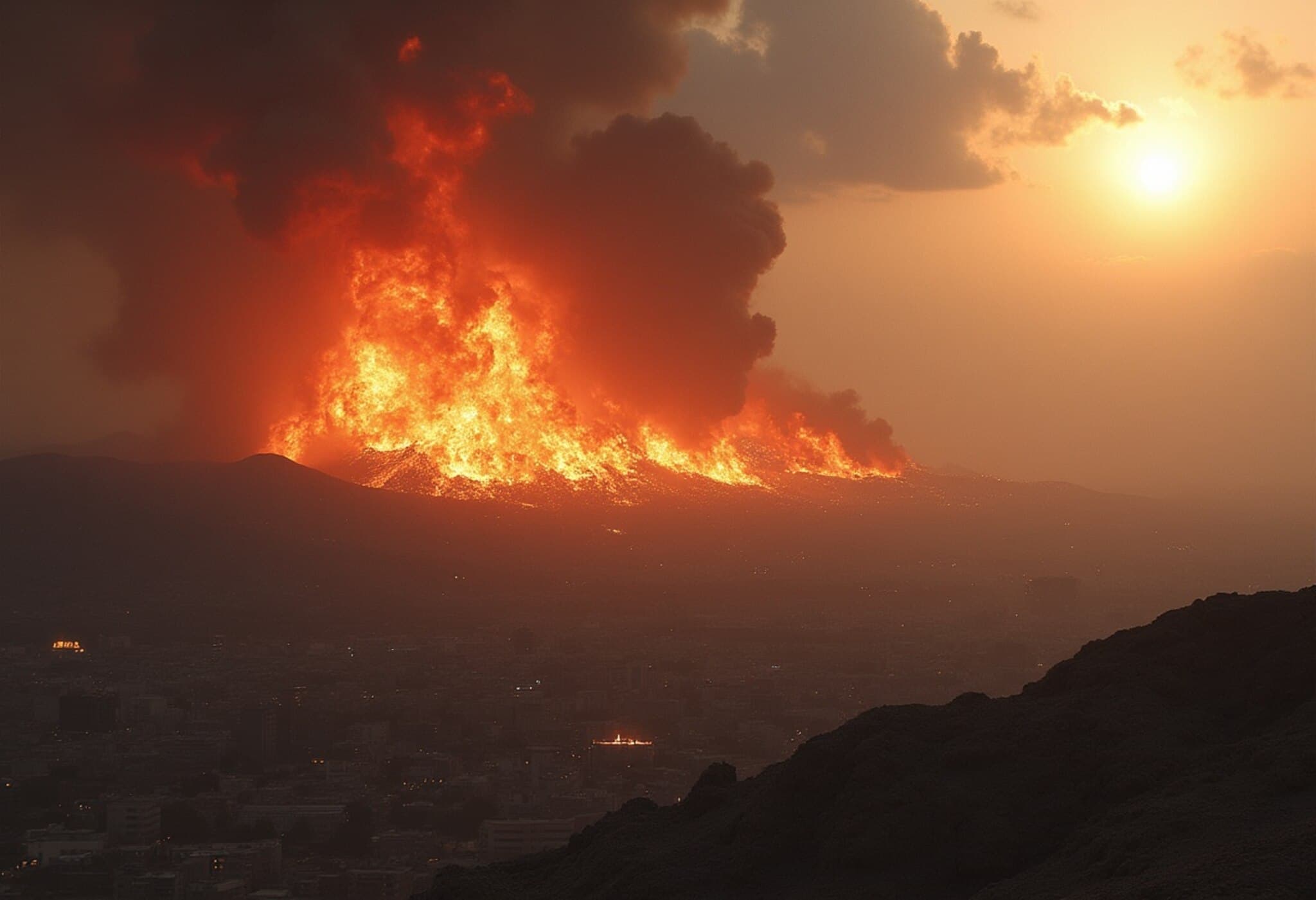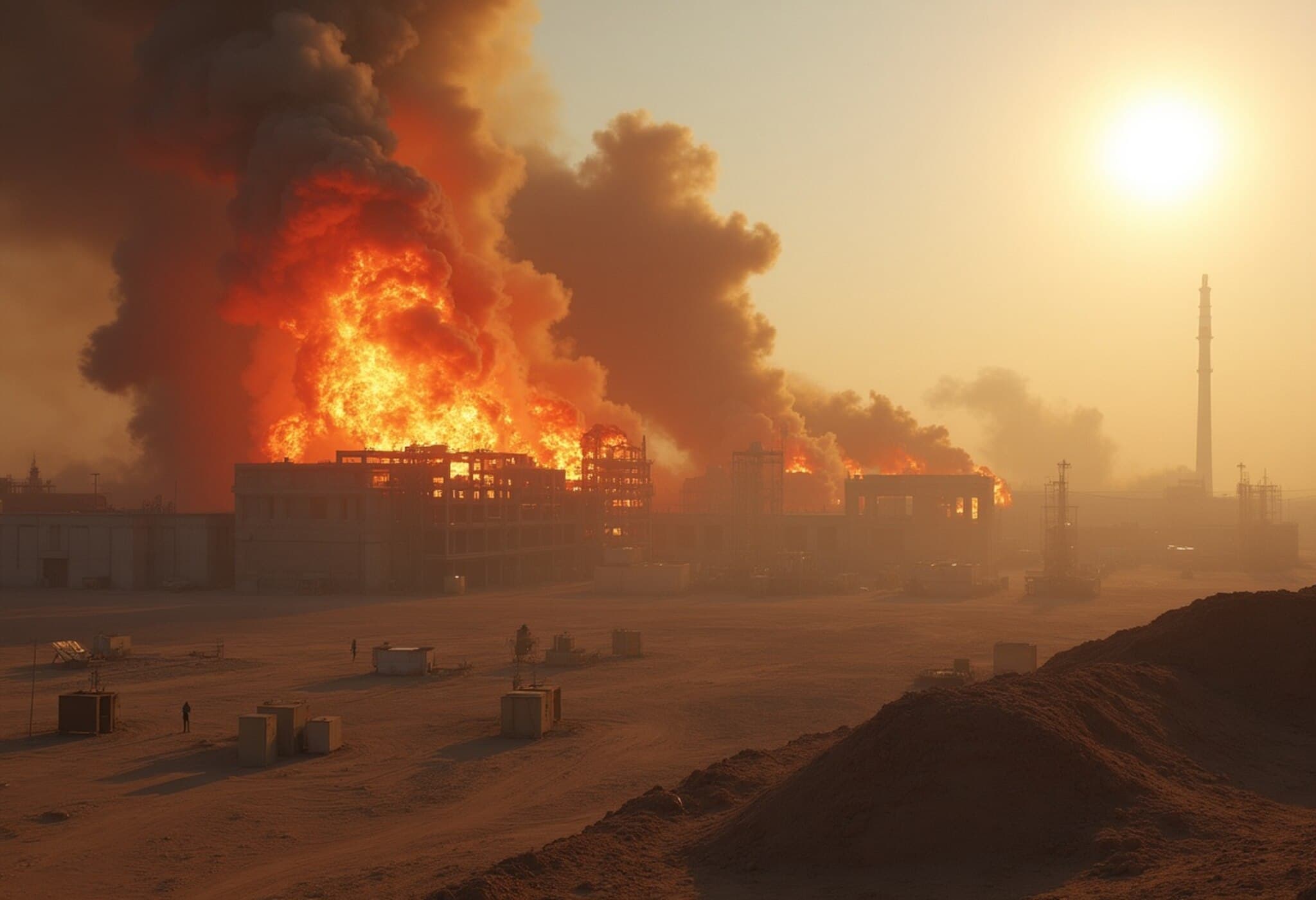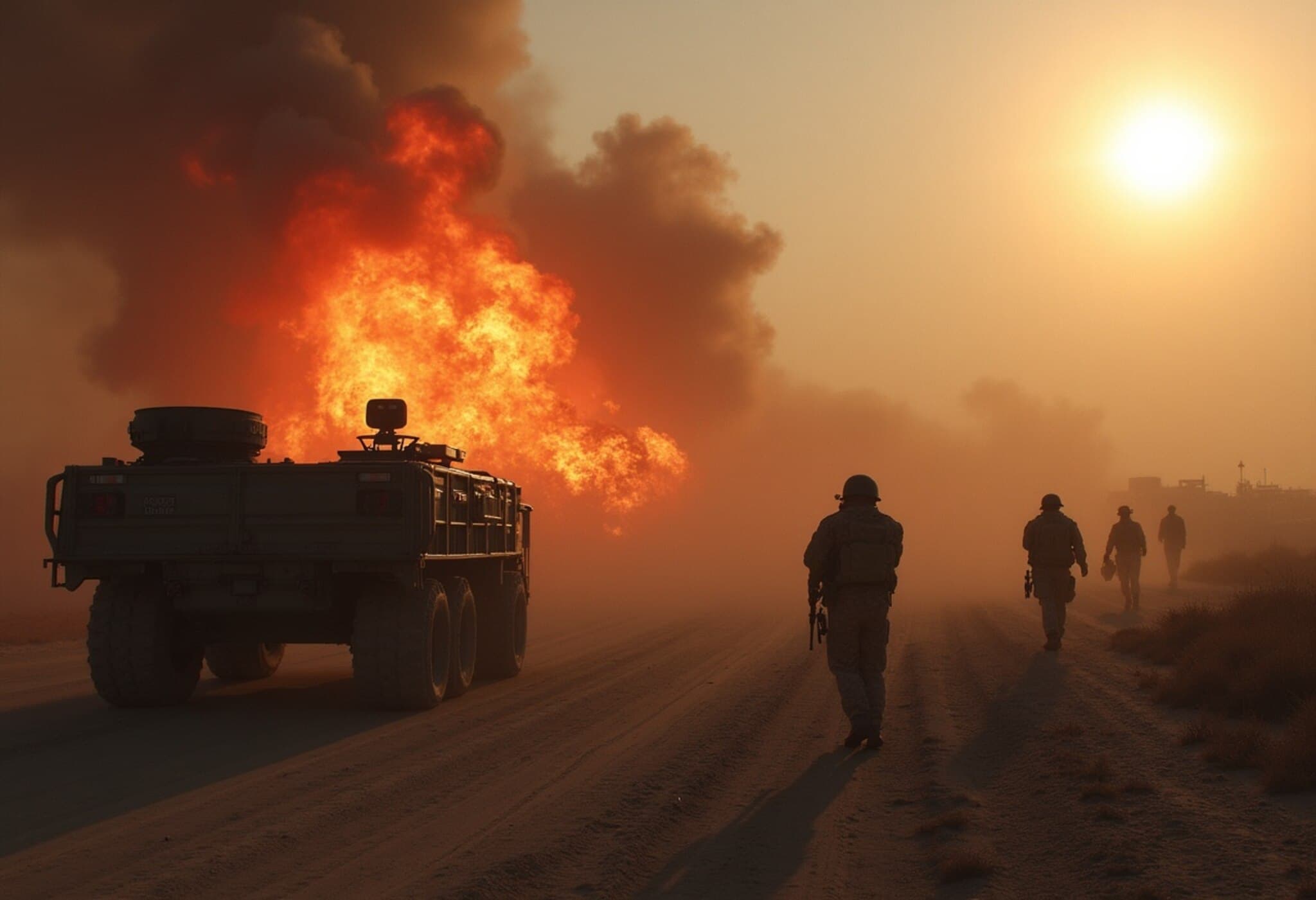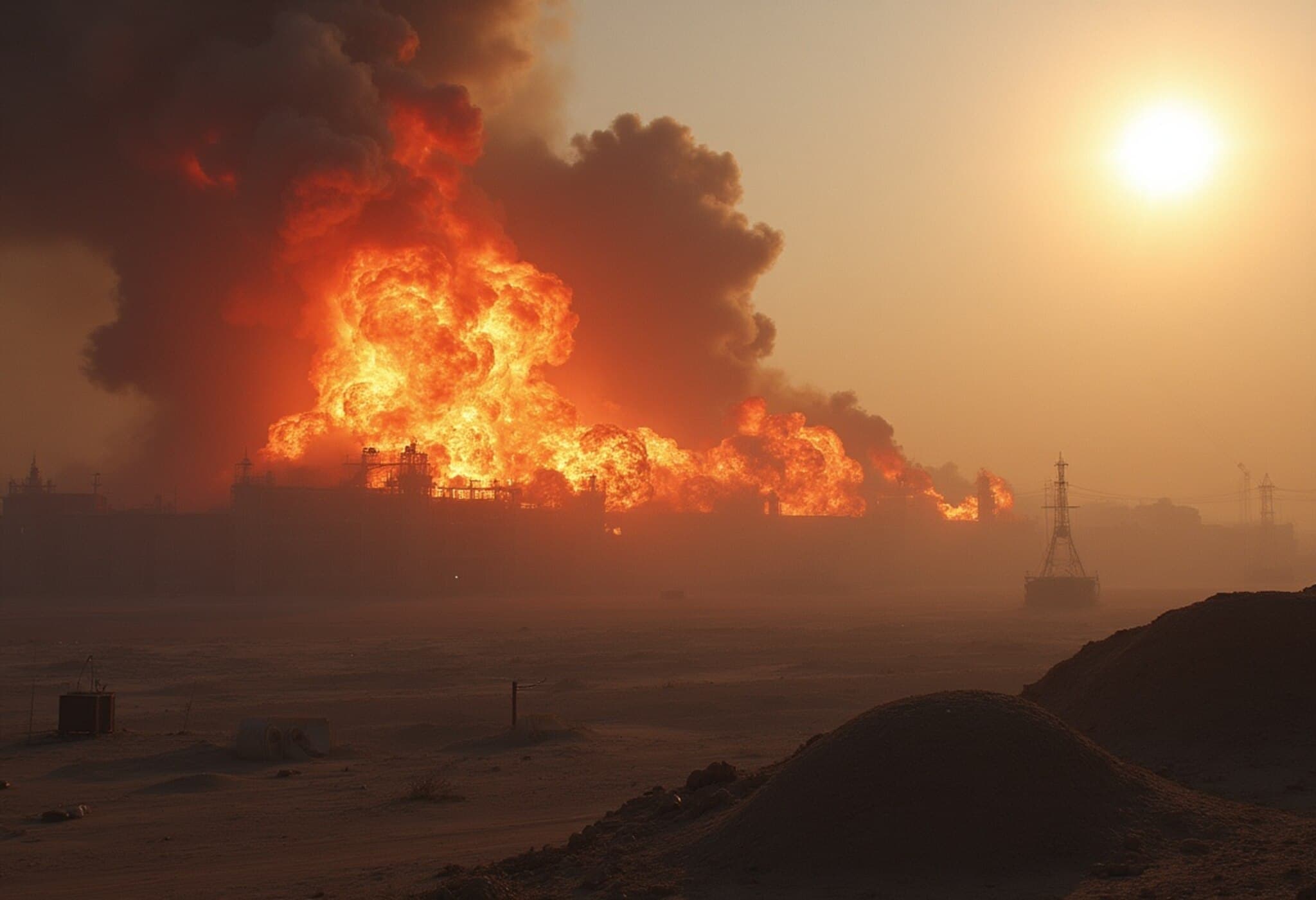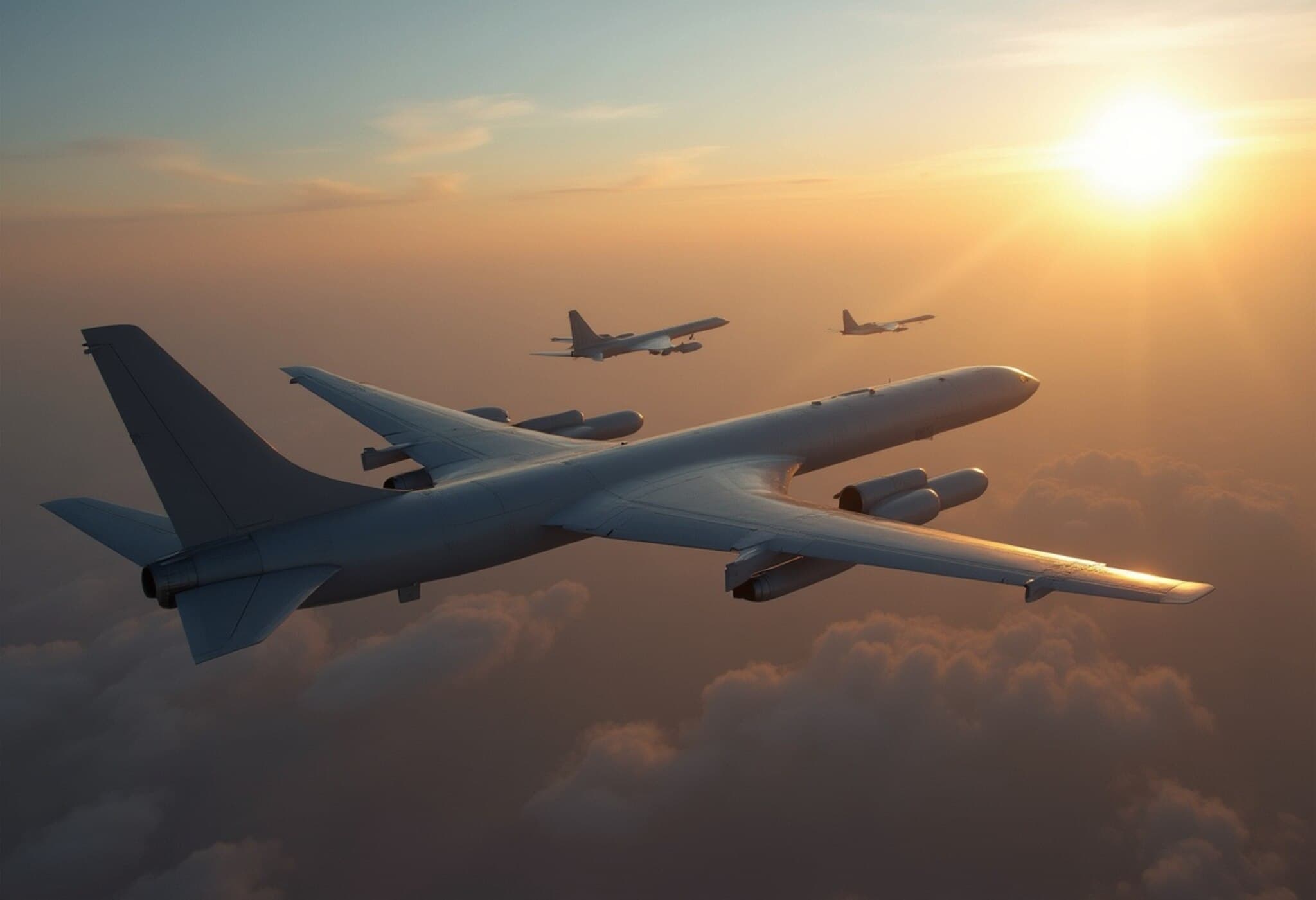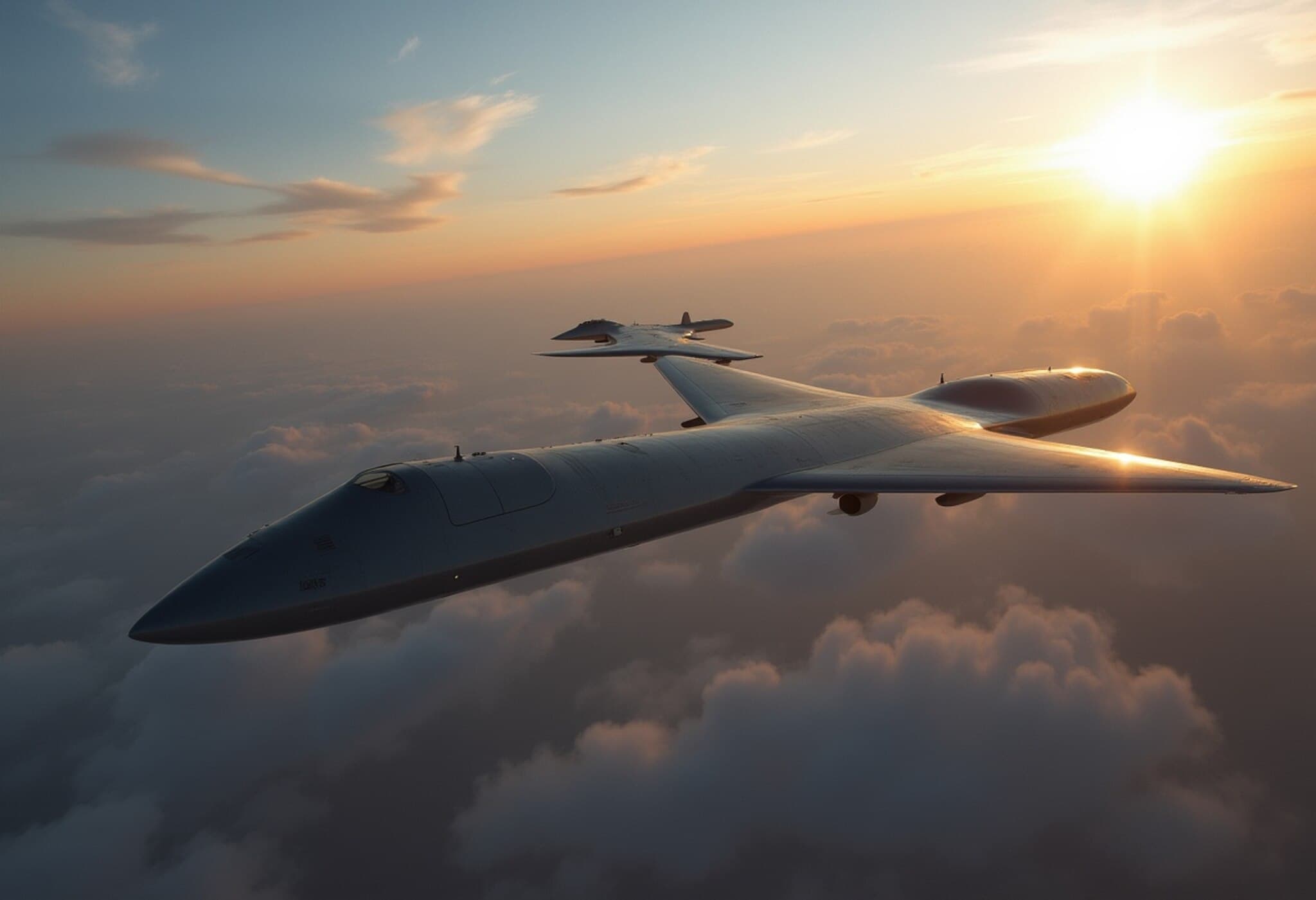US Conducts Precision Strikes on Iran's Nuclear Sites
In a significant escalation of tensions, the United States launched coordinated airstrikes targeting Iran's key nuclear facilities, including the heavily fortified Fordow site. Former President Donald Trump confirmed that US forces deployed five to six bunker-buster bombs on Fordow alongside 30 Tomahawk missiles aimed at Natanz and Esfahan nuclear complexes.
B-2 Bombers Play Critical Role
A US official revealed that B-2 stealth bombers, capable of carrying massive payloads needed to penetrate underground bunkers, were instrumental in the operation. Trump described the assault as a “very successful attack”, declaring that Fordow, a facility deeply embedded beneath a mountain near Tehran, has been effectively destroyed.
Trump's Firm Message and Diplomatic Outreach
Following the strikes, Trump urged Iran to pursue peace immediately or face further military action. He emphasized that US aircraft returned safely and praised the troops involved for their prowess.
Simultaneously, diplomatic efforts were underway behind the scenes. The US reportedly contacted Iranian officials to clarify that these actions do not aim at regime change or additional strikes, reflecting an attempt to manage escalation.
Coordination with Israel
The strikes were conducted in close coordination with Israel, which has been engaged in ongoing confrontations with Iran over concerns about Tehran's nuclear ambitions. Israeli officials indicated full alignment with the US operation, with direct communication between Trump and Israeli Prime Minister Benjamin Netanyahu following the attacks.
Context: Rising Conflict between Israel and Iran
Since mid-June, Israel has intensified its campaign to halt Iran's nuclear progress, citing imminent threat assessments. Iran maintains its nuclear program serves peaceful purposes, but hostilities have sharply escalated.
Reports attribute over 430 Iranian casualties and thousands injured in Iran due to Israeli strikes, while Israeli cities have faced hundreds of missile attacks, resulting in civilian deaths and injuries—marking one of the deadliest flare-ups between the nations.
Political Reactions and Debate in the US
The military action has sparked debate within American political circles. Some lawmakers emphasize the need for congressional approval before engaging in hostilities, while others express cautious support but warn of complicated choices ahead.
- Senate Armed Services Committee chairman praised the operation but underscored future challenges.
- Others stressed that the conflict remains an Israeli concern rather than America’s own war.
- Some members of Congress criticized the strikes as lacking constitutional authorization.
- Concerns about public opposition and executive judgment were voiced by several Democratic senators.
What Lies Ahead?
Meanwhile, Trump signaled no immediate plans for further strikes inside Iran but warned of consequences if Tehran rejects peaceful resolution. As diplomatic efforts continue to falter, the fragile regional stability depends on how all parties respond in the coming days.

